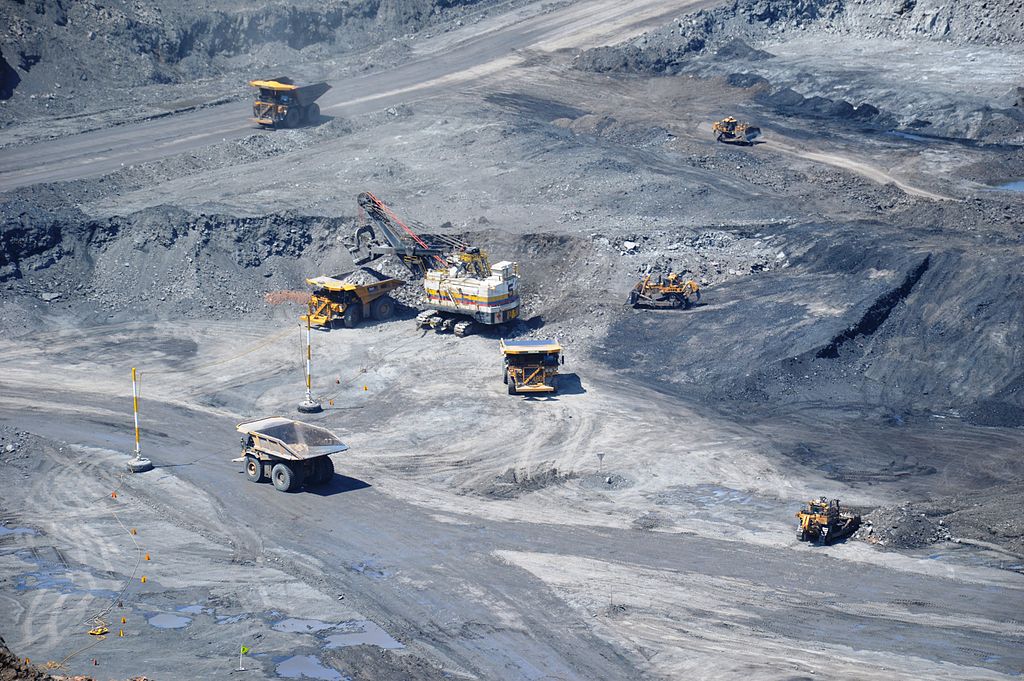Russia is not only Germany’s largest supplier of natural gas and oil, but also of hard coal. With the boycott of Russian energy sources, the Minister of Economics is therefore looking for ways to find alternative suppliers abroad. In the case of coal, he has now found one in Colombia. Environmental organisations and human rights activists are appalled.
Federal government wants to increase coal imports from Colombia
In El Cerrejón, Colombia, huge excavators extract 23.4 million tonnes of coal per year from an area of 690 square kilometres. The terrain resembles a lunar landscape. The largest coal mine in South America is operated by the Swiss commodities company Glencore. The coal mined is exclusively for export, because Colombia itself generates most of its electricity from hydropower.

Image: Hour.poing, CC BY-SA 3.0, via Wikimedia Commons
After the import ban on Russian coal, the German government is desperately looking for alternatives around the world. In Germany, coal-fired power plants still account for nine percent of electricity generation. Yet Colombia has been the fourth-largest supplier so far. Up to now, Colombia has supplied about 5.7 per cent of the hard coal needed. The German government now wants to drastically increase this share. According to a statement by the Colombian presidential office, Chancellor Olaf Scholz has therefore asked Colombian President Iván Duque to consider a corresponding increase in coal exports to Germany.
Germany urgently needs a reliable supplier of hard coal, because Economics Minister Robert Habeck wants to bring more coal-fired power plants back online in the event that supplies of Russian natural gas are cut off.
Coal from Colombia morally critical
Coal from Colombia, however, poses another moral problem for the German government. Coal production in Colombia is repeatedly associated with human rights violations and breaches of the most minimal environmental protection conditions. Jenny Paola Ortiz, coordinator of the human rights programme of the non-governmental organisation Cinep, says: “Without a doubt, the decision of the German government will have negative consequences for the rights of the indigenous and peasant communities of La Guajira”.
Indigenous population displaced from extraction area
Again and again, the indigenous population is displaced in the mining area. The coal mine consumes 24 million litres of water per day, which has already caused 17 rivers and streams to dry up completely and 30 to be diverted over a wide area.
Although the Colombian Constitutional Court has already ordered that the site in question be renaturalised, this has not been implemented to date.
Laura Brito a representative of the indigenous population, appeals to the buyers of Colombian coal:. “The international community should think about where the coal comes from that is used to light and heat their homes”. Considering the constant human rights violations around the mine, she speaks of “bloody coal”. Colombia urgently needs the income from coal exports. The economic interests are also enforced by force. According to the non-governmental organisation Global Witness, the state uses paramilitaries, dissident guerrilla organisations and the state security forces to intimidate and displace the indigenous population.
